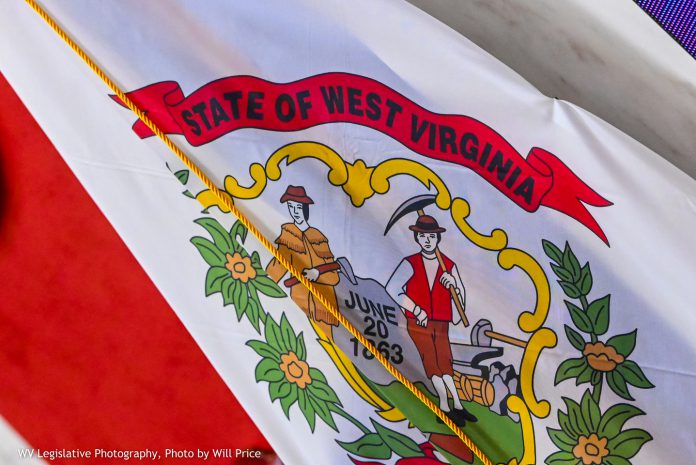As the 60-day 2004 Regular Legislative Session enters its 3rd week, the amount of legislation introduced and the docket of proposals laid before members of the Legislature increases. These bills address an infinite variety of subjects, from economic development, the criminal justice system and state finances to state government’s organization, natural resources and military affairs. To help facilitate the legislative process and ensure that each measure introduced obtains detailed study and effective review, the West Virginia Legislature relies on its committee system. The committee system provides a basic structure for legislators to consider, discuss, debate and, in certain cases, originate effective legislation for the development of positive public policies. Both the House of Delegates and the State Senate divide their membership into smaller, more focused groups, or committees, to handle specific topics relevant to their charges and within their jurisdictions. For example, members of the Senate Standing Committee on the Judiciary look over legislation relating to civil and criminal proceedings, while the House Standing Committee on Finance addresses bills generally relating to taxes, revenue and budgetary statutes. All House and Senate committees become a depot for the extensive research and discussion on each piece of legislation under their consideration. Along with the basic consideration and development of legislation, committees also act as forums of ideas and streams for public comment. During the legislative session, committee leadership invite various experts, stakeholders and distinguished guests to address the committee members and discuss issues in depth. This component of the committee process offers legislators the ability to hear statistics, expert explanations and personal testimony, as well as gauge how those most affected feel about certain legislation. For example, during a Joint Committee Meeting of the Senate Standing Committee on Economic Development and the House Standing Committee on Industry and Labor, Small Business and Economic Development, representatives from a partnership program between the West Virginia Development Office and the United States Department of Energy, addressed committee members to discuss their ideas on the status and future of industry in the Mountain State. Individuals spoke regarding their concerns for the future of West Virginia manufacturing businesses and offered several legislative initiatives to address the concerns. Both the House
and Senate economic development committee members will be discussing all measures introduced which are designed to help improve the economic landscape of the state, and this joint meeting was established to assist lawmakers in their charge. Many times, especially if drafted legislation receives vast media attention or has become a hot topic to the public, committees will hold public hearings, offering an opportunity for interested individuals to voice their concerns, questions, support and/or opposition. Public hearings are an effective way for committee members to gain much needed public input. As legislation moves through the committee and legislative processes, the House and Senate may find themselves unable to reach an agreement on every provision considered in a piece of legislation. When this happens, and neither body will recede or retract its provisions to a bill, the legislation is referred to a conference committee. A conference committee is comprised of members from both bodies, with an equal number from each, and are formed to resolve the differences between the House and Senate versions of a bill. If a compromise is reached, each body will either pass or reject the conference committee bill. Earlier this week, members of the Legislature referred Senate Bill 166, a provision which would reduce the allowable blood alcohol content (BAC) from 0.10 to 0.08 for driving under the influence (DUI), to a conference committee. It is the Legislature’s hope that this committee will iron out the differences between the two legislative bodies and recommend its passage.

